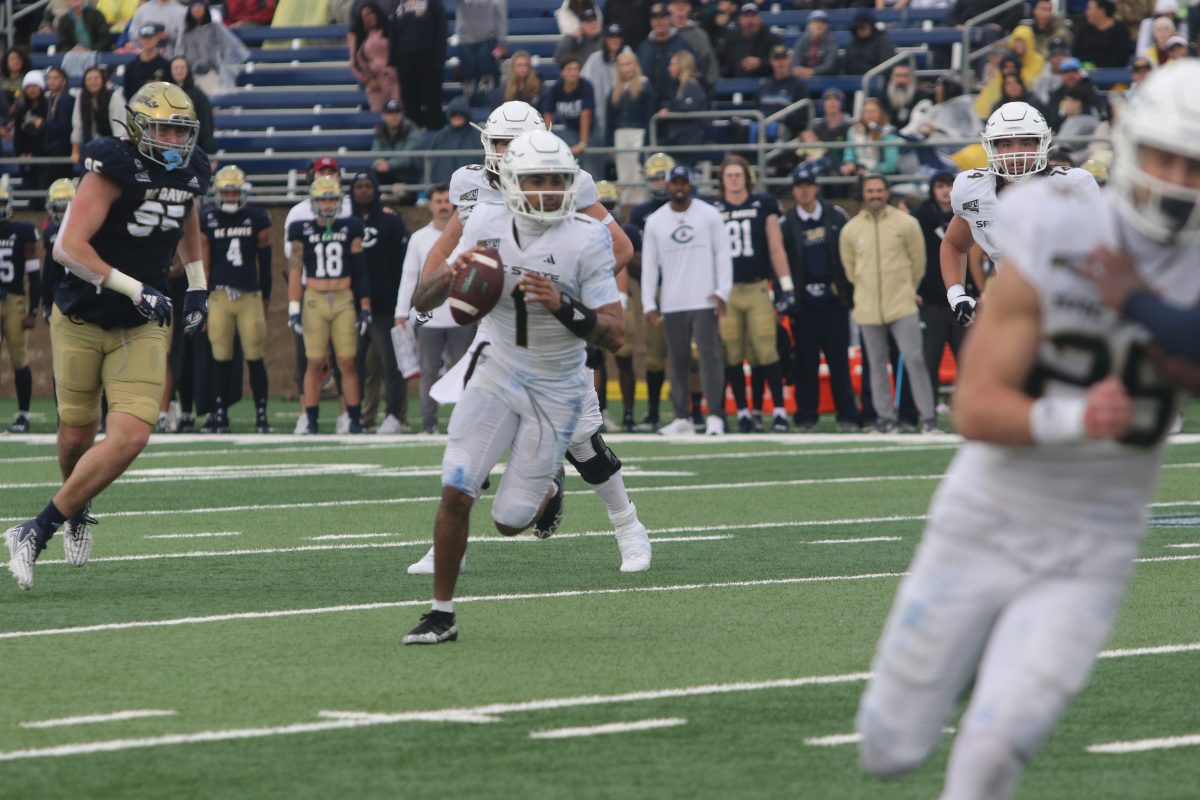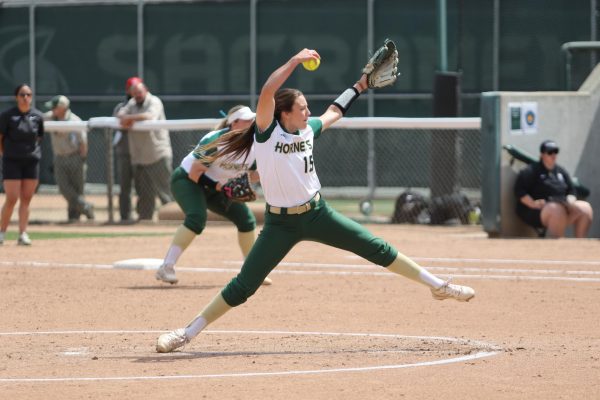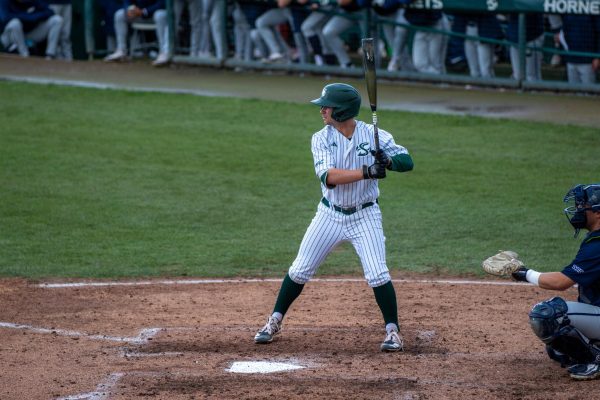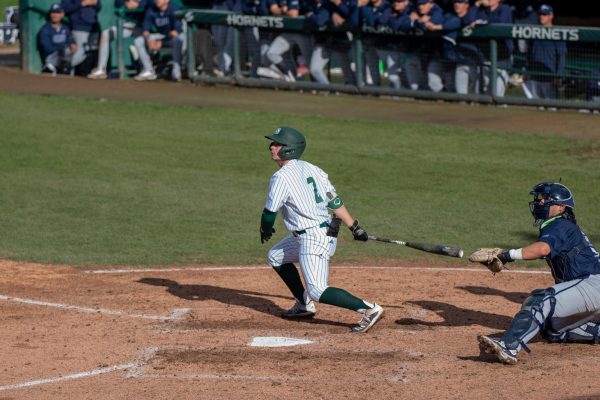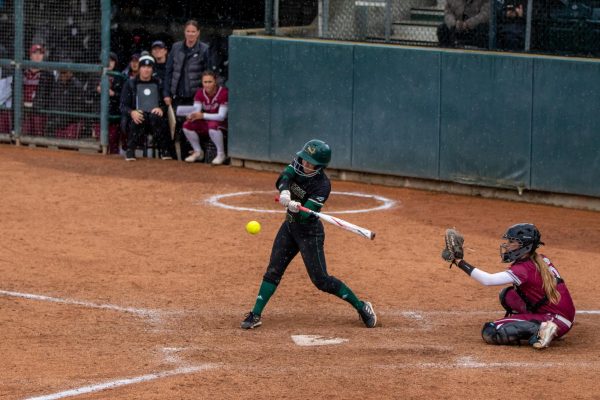Playoff series too brief to judge which team is best
November 2, 2011
The St. Louis Cardinals won the 2011 World Series, but are they baseball’s best team?
In theory, yes. But that theory is flawed.
If the purpose of the playoffs is to determine which team is the best of that season (which of course it isn’t – it’s to make money), the playoffs needs to be tweaked.
Baseball, more so than any other sport, needs to be analyzed by a large sample size.
That’s why baseball’s playoffs, a relatively small sample size compared with the regular season, is a curiously imperfect way to judge which team is best.
If you look at recent World Series winners, you’ll see the usual suspects of perennial contenders like the New York Yankees. But you’ll also see champions that barely squeaked into the playoffs and regular season powerhouses that petered out during the playoffs.
The 2001 Seattle Mariners won an American League-record 116 games but failed to win a title. The 2004 St. Louis Cardinals won 105 games but were swept by the Boston Red Sox in the World Series.
Conversely, just two years later, an 83-win Cardinals’ team won the World Series after barely making the playoffs as a wild card team. Last season, a 92-win San Francisco Giants team that boasted one of the league’s worst offenses won its first title since 1954.
The 2006 Cardinals and the 2011 Giants were the best teams during the final stretch of those seasons. They weren’t the best teams of the season as a whole.
It seems like a 162-game season is a much better indicator of greatness than a playoff system in which a team will play no more than 19 games.
One of the main reasons for this is baseball differs from the other major American sports in that a team’s most important player changes every game. Starting pitchers impact every single play in which they throw a pitch. But even the best starting pitchers can only play once every few days.
Imagine if a football team started five different quarterbacks throughout a playoff. That would dramatically change the outcome of that team’s season.
A team might have the best pitcher in the world (think Justin Verlander with the Detroit Tigers this season) but he can only help his team in 20 percent of its games. If starters two through five cannot extend the series, a team’s best pitcher might only play in one game.
A solution may be to change the playoff format from a best-of-seven series to a best-of-nine series. A best-of-nine series would allow a team’s best pitchers to have more of an impact on the series’ outcome as well as smooth out irregularities that happen during single games.
For example, in the 2010 regular season, Edgar Renteria of the San Francisco Giants hit .251 with three home runs in 72 games. He hit .421 with two home runs in the five-game World Series against the Texas Rangers.
A nine-game series would lessen the impact of flukes and hot/cold streaks.
Technically, the best way to determine which team is best is to have every team play the same schedule, and give the championship to the club with the best record. No playoffs. No World Series.
Obviously, that won’t happen.
The excitement and profitability of the postseason is too much to give up to appease a neurotic nitpicker like me.
So congratulations, Cardinals. You are the World Series Champions. And you might be one of MLB’s 10 best teams.
Dante Geoffrey can be reached at [email protected]. You can follow him on Twitter: @dantegeoffrey.













































